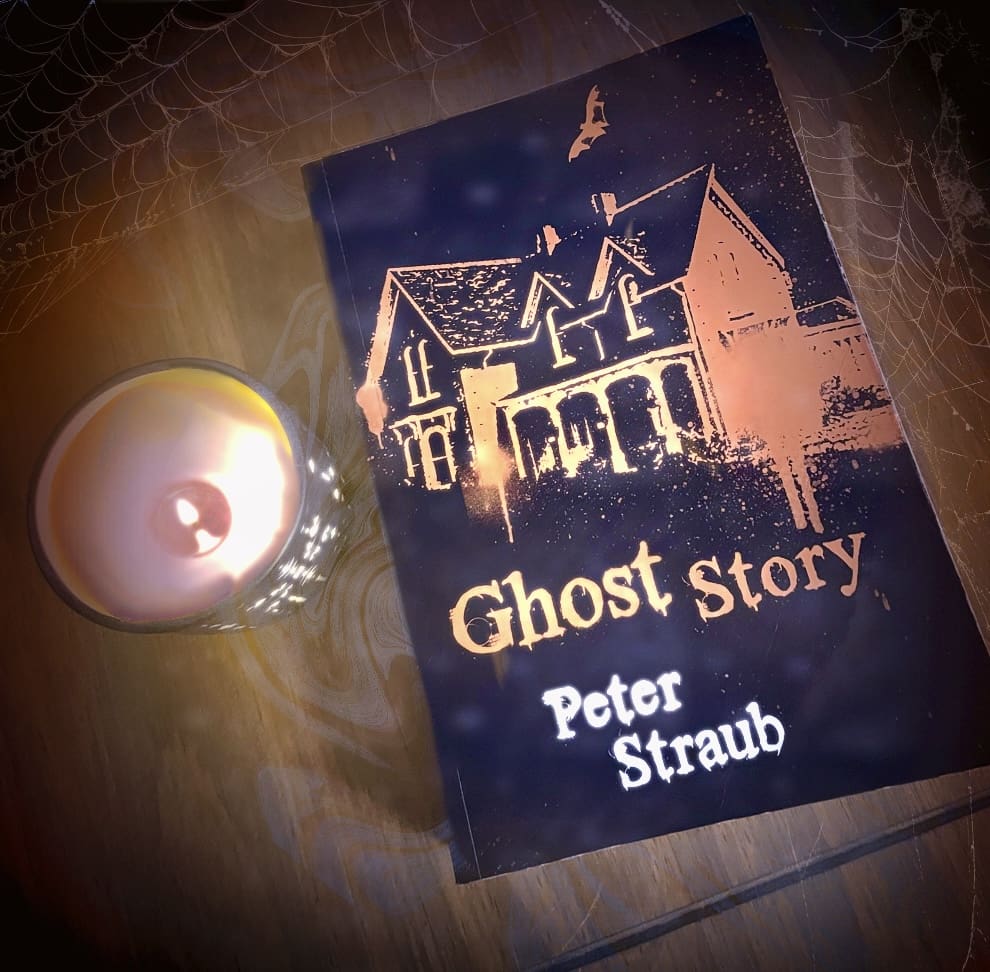
There comes a time in the life of a novel when it becomes so influential and highly regarded that it becomes immune to the trivialities of ratings and reviews. Peter Straub’s “Ghost Story,” is precisely that kind of book, a spectral masterpiece that has been dissected, critiqued and praised by minds far greater than mine. Sure, I could rattle my chains about what worked for me and what didn’t, but let’s face it, there is no remotely original thing I could tell you in terms of where it succeeds and falls down, there is no new epitaph to inscribe. Although… when a novel is as rich as this one is, how can one resist unearthing its themes, exhuming its characters and wrestling with its many layers of meaning. Its kaleidoscopic structure, thematic density and psychological intensity means that it resists simple categorisation- yes, an essay albeit a self-indulgent one, is warranted. A chilling meditation on society, its fears, guilt, repression and, namely, the act of storytelling, Straub engulfs his readers wholly in the town of Milburn, its frosty atmosphere and idol gossip making it the ideal backdrop for the gothic nightmare that ensues. The perfect read for anyone feeling far too festive this Christmas time, Straub’s “Ghost Story,” is a bracing antidote to any semblance of holiday cheer, and I promise you that Alma Mobley will haunt you forever. Needless to say, stop here if you’re yet to read Ghost Story, for a semi-thorough and spoilery dissection of the novel lies ahead.
“Ghost story,” is a story that revolves around stories. Befitting the absurd and confusing nature of the book, from its fragmented structure to the strange amorphous beings behind the chaos that ensues, it is actually a paradox that lies at its centre: stories preserve and distort the past. They are tools of both revelation and obfuscation. We follow a group of 4 (down from 5) geriatric men, Richard Hawthorne, Sears James, Lewis Benedikt and John Jaffery, who make up what is collectively referred to as “The Chowder Society.” Following the inexplicable death of one of their members, Edward Wanderly, they are truly at a loss, and begin to tell one another ghost stories, an act that is as much about exorcising collective guilt as it is about grappling with the obscure. Both the characters, and us as readers have to navigate some somewhat slippery terrain: recollection, confusion and potential fabrication. Sears James’ “ghost story,” following a young troubled boy under his tutelage named “Fenny Bate,” and his predatory older brother “Gregory,” is an uneasy blend of confession, memory and perhaps self-preservation- with James holding himself responsible (to at least some degree) for the boy’s eventual death. This is even echoed in the novel’s most iconic line(s) “What is the worst thing you’ve ever done?” “I won’t tell you that, but I’ll tell you the worst thing that’s ever happened to me,” in which Hawthorne’s question is manipulated so that James can give the answer that he wants to give – he should have been a politician. This bad habit transcends generations, with the younger Donald Wanderly having to work hard to disentangle one story, his horror novel “The Nightwatcher,” from his genuine experience with Alma Mobely and the death of his brother David. As aforementioned, this is something that Straub reflects in the novel’s very structure, the narrative repeatedly shifting perspectives and timelines, mirroring how stories are recounted and indeed distorted through memory, bias, and the limits of perception. Straub himself puts it best, “Memory, he had learned, was unreliable, and all the more so when it came to traumatic events. It was like trying to hold water in your hands.”
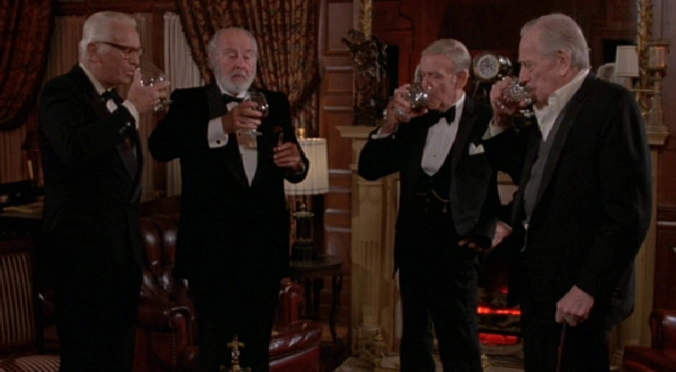
The Chowder Society grapple with guilt and repression throughout. The quintuple, Edward, Sears, Ricky, Lewis and John are largely responsible for the “death,” of Eva Galli. Rather than confronting this, they repress the memory, burying it beneath decades of willful ignorance, and hours spent drinking brandy in home libraries. Ricky reflects, “Some part of her refused to die,” yet “We refused to look at it too closely.” When compounded with the private guilt and vulnerabilities many of the men carry in conjunction with their shared secret, for example Jaffrey’s hidden drug addiction, a tangled web of denial, ultimately manifesting in the supernatural horrors the group faces, comes to light. As well as demonstrating how unacknowledged wrongs refuse to stay buried, much like Galli/ Mobely/ Mostyn/ Moore herself, this works hand in hand with the theme of preservation, and how particularly men value their reputation over what is morally correct. When we look to Fenny and Gregory, they again represent how the unacknowledged past often haunts the guilty amongst us, as is the case for Sears James. When AM refers to the idea of being “A mirror,” we have to consider whether the shapeshifters are truly the Greg and Fenny that James remembers, or if those are just the names and faces that he, and after hearing his ghost story, The Chowder Society, give them.
Now… do we like our protagonists? Objectively, they are flawed. Jaffrey is a hypocritical doctor masking a destructive drug addiction; Benedikt is promiscuous, pursuing younger women in a way that could come across as predatory; Ricky’s meekness borders on infuriating, and James’s forthrightness often edges into outright abrasiveness. They are, in many respects, an unpleasant quartet of aging men who could easily be recast as villains—a group of pale, frail, crusty, dusty sexagenarians receiving karmic retribution for their role in Eva Galli’s death. However, Straub refuses to let us settle into outright disdain. They offset one another to some degree, with Hawethorne seeing through James’ bravado and Ricky himself gradually shedding his passivity to emerge a more heroic man. More importantly, the novel’s supernatural backdrop reframes these shortcomings, they are small and human in the context of something vast, ancient, and terrifying. Their guilt over Galli’s death is undeniable, their actions in killing her are more justifiable considering she turned out to be an ill-intentioned, immortal shapeshifter, and the horrors she subjects them to forces readers to view them as victims as well as perpetrators. By weaving their personal moral failings into a broader narrative of supernatural reckoning, Straub compels us to see these men not as outright villains, but as deeply imperfect individuals caught in the throes of forces beyond their control, ultimately relaying the same cosmic message delivered in so many great horror novels, the idea that in the context of the universe, us, and our mistakes are insignificant.
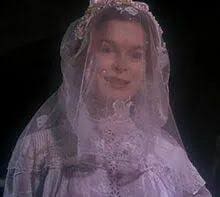
This is an epic segue into what exactly Eva Galli is. For those amongst you who have forgotten, or blatantly ignored my warning to not read on (oh well, you’ve come too far now) the antagonists at the centre of this supernatural shitstorm are shapeshifters. Let’s recap. The Chowder Society first meet Eva Galli as exactly that, a budding actress, who they find themselves infatuated with. When their wild fantasies suddenly become true and she begins to throw herself at them (wildly problematic I know, we’ll discuss this shortly) she of course winds up hitting her head and dying. But not for long. Nearly 50 years later she returns as another budding actress Ann-Veronica Moore, and reveals herself to Edward, causing his fatal heart attack, which she disappears in the aftermath of. One year later she comes back yet again to finish the job as Anna Mostyn, who claims to be Eva’s niece and asks James and Hawthrone for secretarial work. Of course, in that 50 year gap, Donald Wanderly meets Alma Mobely (of course, Eva Galli) whilst teaching at Berkeley, and forms a strange relationship with her. Months after this relationship meets a bitter end, Donald’s brother David tells him that he is now engaged to Alma, a conversation that takes place not too long before his mysterious death. She is of course accompanied by some familiar faces, Gregory and Fenny Benton, who serve as the Horace and Jasper to her Cruella De Ville.
My genius is so loud, if you listen carefully, you can hear it, for we’ve already covered the obvious things AM represents. She demonstrates that we are insignificant in contrast to the big bad universe. Her revenge, spanning half a century, unfolds with an elegance that suggests she isn’t just seeking retribution but reveling in the sheer pleasure of manipulation. Eva Galli, the immortal shapeshifter, doesn’t simply come for her victims, but toys with them, stretching their torment over decades like a lengthy game of cat and mouse. It’s a plan so elaborate and leisurely it feels as though her vengeance stems less from necessity and more from pure, unadulterated amusement. Perhaps Straub is suggesting that the world itself is a theatre of the absurd, a stage for the greater, incomprehensible forces that be, to laugh at our suffering and toy with us as a child plays with their food. Alma’s torment of the protagonists, drawn out and deliberate, mirrors this absurdist cruelty, reducing their struggles to meaningless gestures in the grander scheme of things. In the eventual confrontation scenes she alleges that our protagonists, not she, or indeed her literal undead henchmen, are the ghosts- perhaps because in the context of eternity we are so short-lived.
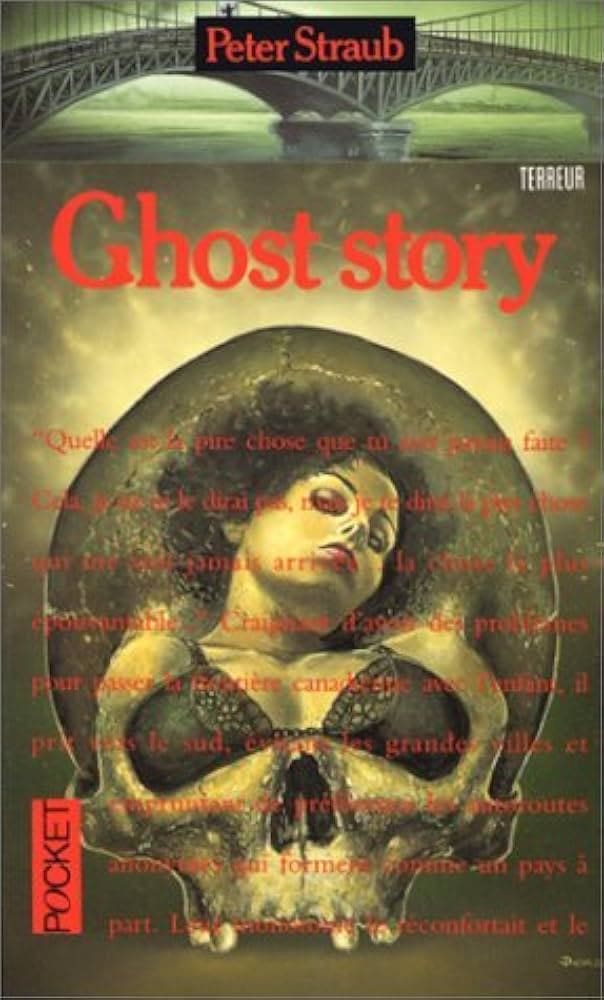
The misogyny within this book is one of its main criticisms, but whether it’s an inherent fault arising from the fact the book was written in the 70s, or, to at least some degree, a prevalent theme is up for debate. This gender asymmetry is apparent through the judgment that Stella Hawthorne receives for her extramarital activities, when compared to just how tolerated Lewis Benedikt is, despite his long-term relationships with the spouses of his friends and acquaintances, the fact that Donald Wanderly essentially dumps Meredith Polk because she is too fat, the entirety of John’s relationship with Milly Sheehan, and the lack of sympathy she receives upon his death. Namely, The Chowder Society, as hyper-sexual young men (we read about the now incredibly dignified and asexual Sears James ejaculating into a neighbour’s blouse as a younger man) are utterly infatuated with Eva Galli. That’s why it comes as a surprise when it is she making advances toward them, that they are so disgusted and intimidated by her sexuality and agency. Whilst this is disgusting and upsetting, I don’t think it would be giving too much credit to Straub to put this down to a deliberate and thematic choice, after all, Stella Hawthorne is without doubt the bad-assest of the cast. This would relate back to the idea that Eva Galli is “a mirror.” The blatantly problematic behaviour of the men in this novel are exacerbated and emphasised by her presence, something that the readers in the 70s, and indeed in 2024, are forced to acknowledge, literally reflect upon. It replicates the gender norms of its era, but also holds a mirror to them, albeit a supernatural one, compelling us to consider whether this same discrimination, superficiality and dismissal exists beyond human beings.
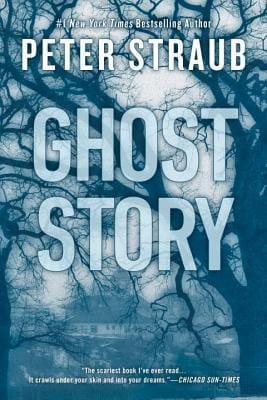
If you read and loved The Chowder Society’s camaraderie, and the stories that they exchange, then R.A Busby’s “Words of Flesh,” may be the novella for you, Richard Chizmar’s “Chasing the Boogeyman,” is a gripping contemporary read that meditates on memory and fear, King’s “The Breathing Method,” is possibly the best example of horror driven by storytelling, rivalled only by John Langan’s “The Fisherman,” a mind-bending and boggling recount that will leave you utterly frazzled. If it was the terrible weather that got under your skin and lodged itself in your bones, then I would recommend Ania Ahlborn’s “The Shuddering,” the coldest of creature features, I would recommend King’s “The Shining,” of course, a snow-fall-steeped classic, and the aptly named “Snow,” by Ronald Malfi. If it’s the amorphous shapeshifter femme fatale that tickled your fancy, then I recommend “Beneath The Dark Ice,” by Greig Beck follows a decidedly unpleasant, mimicking antagonist lurking in the Antarctic, “The Wolf Gift,” which is of course Anne Rice’s gothic take on the shapeshifter trope, and in the most tenuous of links, Rachel Yoder’s “Night Bitch,” which offers a fierce and original take on transformation, female agency and primal identity.
Not the perfect book, but an undeniably great one. The few days I spent with “Ghost Story,” were some thoroughly terrifying and dreadful ones. The novel endures because it invites us to return, and wrestle anew with its shifting meanings and inexhaustible depths. Is this essay structure something that works? I’m not too sure, but it’s one that is certainly necessitated by just how rich and indulgent and sprawling of a novel Straub’s modern classic claim to fame is. Is “Koko,” the better book? Objectively, yes. Yet, for reasons I can’t entirely explain, it is “Ghost Story,” that calls to me when the days grow short and the nights cold, whispering my name, begging to be read and picked apart. There is a timelessness to its horrors, a strange magic in its ability to entwine its meditations on storytelling, guilt, and memory, resulting in the perfect companion for the frostbitten months. Its lingering resonance in the canon of modern horror literature ensures that Straub lives on, as will the act of storytelling.

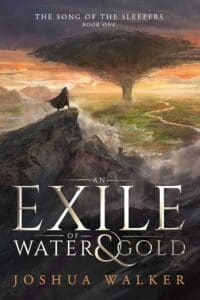
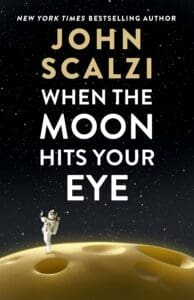
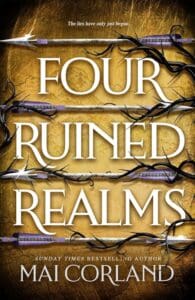
Leave a Reply